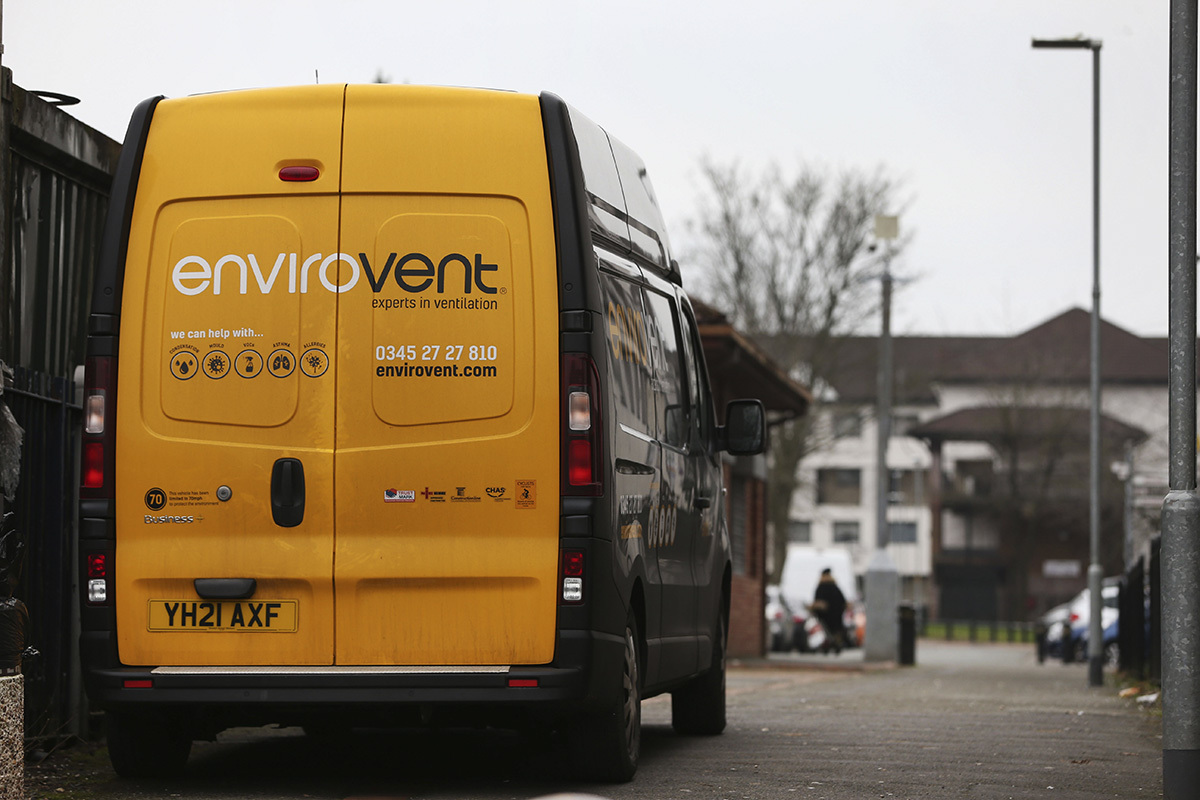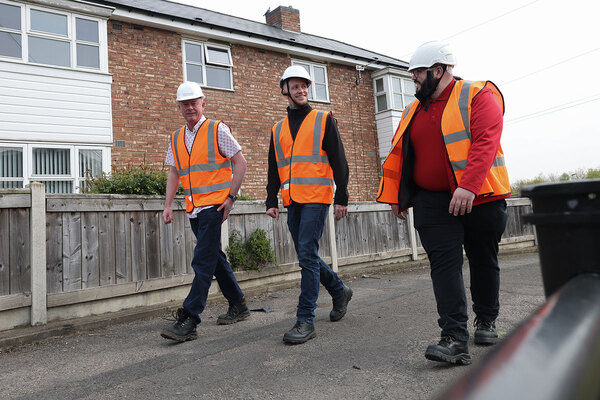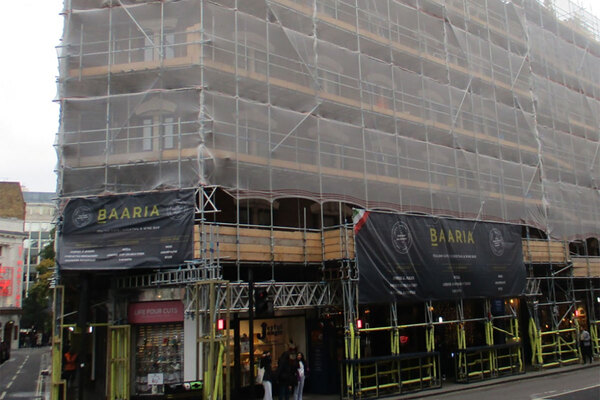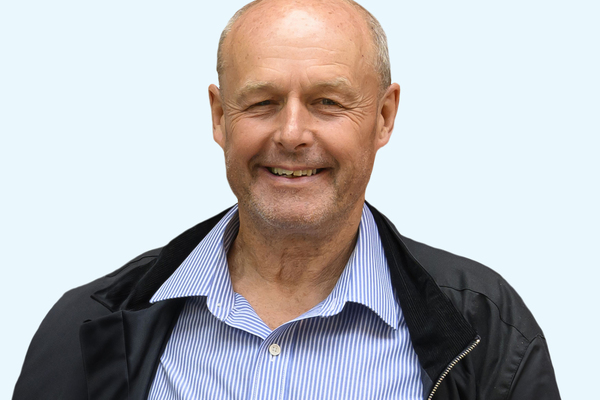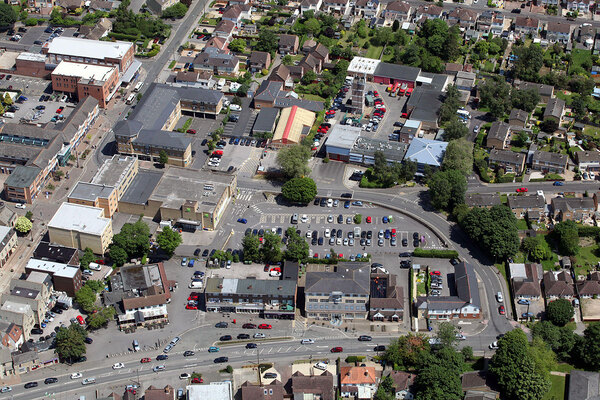You are viewing 1 of your 1 free articles
Housing associations’ interest cover drops to all-time low amid soaring repair bills
Housing associations’ interest cover has dropped to a historic low as the sector increases its spending on existing homes, data from the English regulator has shown.
Providers’ interest cover averaged at 87% over the past financial year, according to the latest quarterly review by the Regulator of Social Housing (RSH). This is the lowest figure ever recorded.
The RSH’s report, which covers the period between 1 January and 31 March 2023, said the sector was facing “substantial pressures” due to operating costs being squeezed by high inflation, shortages in labour and materials, and higher spend on repairs and maintenance.
The lower interest cover, which means the sector has less ability to pay off debts, is a result of increased investment in existing homes, with providers spending £6.9bn over the past year on repairs and maintenance.
According to the report, the higher spend is a result of damp and mould repairs, building safety works, investment in energy efficiency and inflationary pressures.
The social housing sector has come under increasing pressure to focus on damp and mould in recent months, following a series of media reports and the coroner’s inquest into the death of Awaab Ishak in November.
Meanwhile, costs to repair dangerous blocks identified since the Grenfell Tower fire in 2017 have continued to mount and the process of decarbonising stock has required investment in energy-efficiency measures.
The regulator said it is “monitoring” the trend of falling insurance cover and said this was a factor in many of housing associations’ viability regrades.
The RSH said it expects boards to “carefully manage” their risks, particularly their headroom to comply with interest cover covenants.
The survey also revealed that providers were continuing to build and acquire new homes, with £13bn invested over the past year (compared with £12.7bn the year before).
Providers expect to spend a further £16.8bn on new homes over the next 12 months (of which £11.4bn is contractually committed).
Yet, despite substantial financial pressures, the RSH said the sector continues to have a strong liquidity position and attracted £9.9bn in new finance, taking total agreed facilities to £123bn. Undrawn facilities are at a historically high level and a large majority of debt is on fixed rate terms.
Jonathan Walters, deputy chief executive of the RSH, said: “Providers continue to face significant economic challenges, including high borrowing costs and inflation. Boards need to take a strategic approach to managing these risks to ensure they can continue to deliver tenant services, increase repairs and maintenance, and invest in new homes.”
Sign up for our development and finance newsletter
Already have an account? Click here to manage your newsletters

